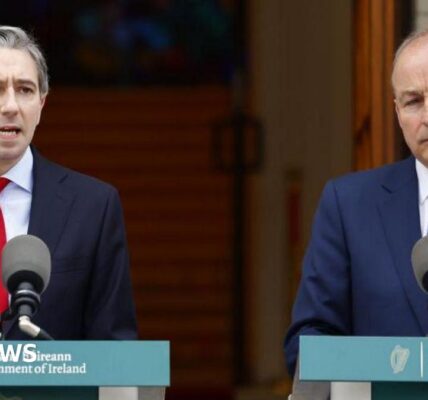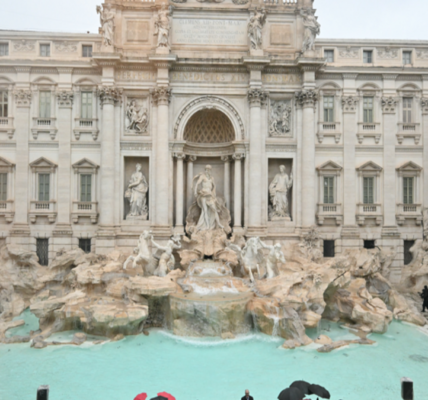Despite being vilified, threatened and humiliated in public, veteran Cameroonian lawyer Alice Nkom is determined to uphold the rights of homosexual people in her country.
A human rights NGO that she runs, Redhac, was recently suspended by the government and she is due to appear before investigators to answer accusations of money laundering and funding terror groups – which she denies.
The 80-year-old says the authorities are obstructing her work and believes she is being targeted because of her legal advocacy with the LGBT community.
“I will always defend homosexuals because they risk their freedom every day, and they are thrown into prison like dogs,” she tells the BBC in a firm tone, speaking in her office in the city of Douala.
“My job is to defend people. I don’t see why I would say I’m defending everyone except homosexuals.”
Dressed in a black gown, Ms Nkom delivers her stark message in a measured voice that reflects years of thoughtful legal argument.
According to the country’s penal code, both men and women found guilty of homosexual sex can be sentenced to up to five years in prison and made to pay a fine. Members of the LGBT community also face being ostracized by their families and wider society.
As a result, Ms Nkom has been viewed as a surrogate parent to some in her country who have been open about their sexuality with their family.
The legal expert has children of her own, but hundreds, maybe thousands, of others look up to her as their protector following her work over more than two decades to defend those accused of homosexuality.
“She’s like our father and our mother. She’s the mother we find when our families have abandoned us,” says one LGBT activist, Sébastien, not his real name.
Committed to the Universal Declaration of Human Rights, which is included in Cameroon’s constitution, Ms Nkom argues that freedom from discrimination on the grounds of sexual orientation should be seen as a fundamental right that supersedes the penal code.
“You shouldn’t jail fundamental rights, you shouldn’t repress them – you should protect them,” she says.
This is a struggle that has landed Ms Nkom in difficulties.





